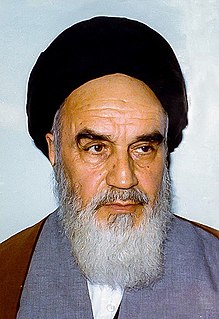A Quote by Peter Bergen
Like the attack on Pearl Harbor, another hinge event in American history, 9/11 was a great tactical victory for America's enemies. But in both these cases, the tactical success of the attacks was not matched by strategic victories. Quite the reverse.
Related Quotes
Since the advent of the atomic bomb, the United States has always needed two kinds of enemies. On one level, it has needed a tactical enemy that it can go out and fight in the field in a shooting war. Since 1945, these enemies have been created and appeared as North Korea, North Vietnam, Grenada, El Salvador, Panama, Iraq and now Colombia. On another level, however, the US needs a strategic enemy that will justify outrageous expenditures of capital for strategic weapon systems like ICBMs, Trident submarines and "Star Wars" missile defence systems.
I think the important thing to remember about the Japanese internment is the situation. We had been attacked. Maybe Roosevelt expected it - I rather think he did. I don't think he expected an attack on Pearl Harbor. I think he expected an attack on Southeast Asia. But we were attacked at Pearl Harbor
When we talk about 9/11 and 26/11 - which is the shorthand for the Mumbai attacks in 2008 - we're talking about the most successful terrorist attacks in history. When you start trying to study the most successful event of its kind, it actually doesn't make for great fiction because there isn't the kind of failure in it that fiction thrives on.































